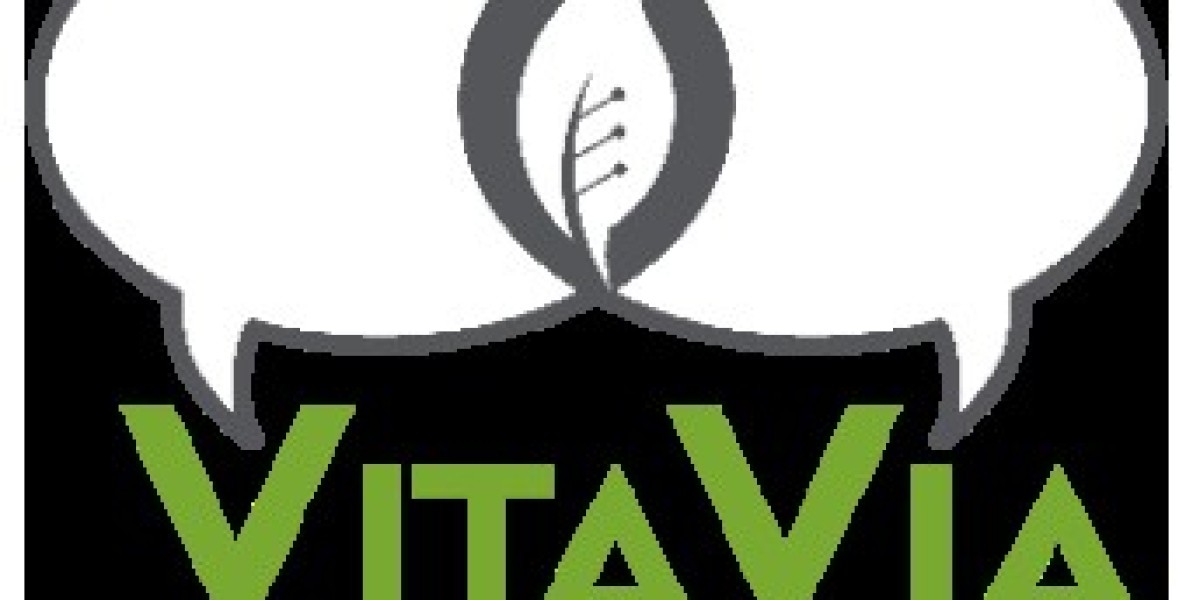The H-1B visa is a highly sought-after visa for skilled workers who wish to work in the United States. For many, the journey begins with understanding the educational evaluation process, which plays a crucial role in determining eligibility for this visa category. Let's delve into what H-1B visas entail and how educational evaluations factor into the application process.
Understanding the H-1B Visa
The H-1B visa is designed for foreign nationals employed in specialty occupations that require theoretical or technical expertise in specialized fields such as science, engineering, mathematics, and technology. To qualify, applicants typically need at least a bachelor's degree or equivalent experience in the relevant field.
The Role of Educational Evaluations
Educational credentials for individuals educated outside the United States must be evaluated to determine their equivalence to U.S. standards. This evaluation is crucial because it helps the U.S. Citizenship and Immigration Services (USCIS) assess whether the applicant meets the educational requirements for the H-1B visa.
Importance of Educational Evaluations
Equivalence Assessment: Educational evaluations provide an assessment of how foreign degrees and qualifications compare to those awarded in the United States. This helps employers and immigration officials gauge the applicant's academic credentials.
Impact on Eligibility: The outcome of the evaluation can impact whether the applicant meets the minimum educational requirements for the H-1B visa. It ensures transparency and clarity in demonstrating qualifications to prospective employers and immigration authorities.
Process of Educational Evaluation
Document Submission: Applicants typically submit transcripts, diplomas, and any other relevant documents to a credential evaluation agency recognized by USCIS.
Evaluation Criteria: Evaluation agencies use established guidelines and methodologies to assess the academic credentials, taking into account factors such as course content, duration, and educational institution accreditation.
Evaluation Report: Once evaluated, the agency issues a detailed report stating the U.S. equivalent of the applicant's educational credentials. This report is crucial for employers filing H-1B petitions on behalf of foreign workers.
Choosing a Credential Evaluation Agency
It's essential to select a reputable credential evaluation agency that adheres to USCIS guidelines and standards. Agencies accredited by organizations such as NACES (National Association of Credential Evaluation Services) or AICE (Association of International Credential Evaluators) are recognized for their expertise and reliability.
Conclusion
Navigating the H-1B visa process involves meticulous planning and adherence to immigration requirements, including educational evaluations. By understanding the significance of these evaluations and choosing a trusted evaluation agency, applicants can enhance their chances of securing an H-1B visa and pursuing professional opportunities in the United States.
Are you considering applying for an H-1B visa? Ensure your educational credentials are evaluated accurately and professionally. Contact EEE OF America today for expert guidance and evaluation services tailored to meet your immigration needs.



